Collection |
Collections
Filters
-
Collection Type
-
-
Collection |
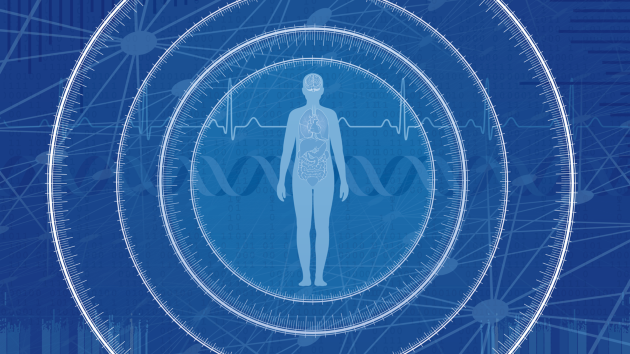 AI in health care
AI in health care
The use of artificial intelligence (AI), including machine learning and large language models, is revolutionizing health care, from drug discovery and development, through to applications in the risk stratification, diagnosis, imaging, monitoring, prognostication, and pharmacological and surgical treatment of patients.
Image: V. Summersby / Springer Nature Limited -
Collection |
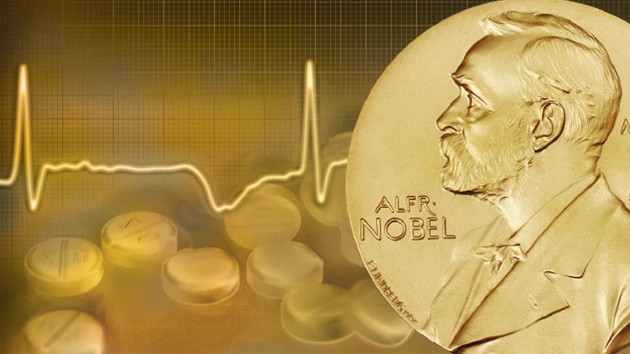 Nobel Prize in Physiology or Medicine 2023
Nobel Prize in Physiology or Medicine 2023
The 2023 Nobel prize in Physiology or Medicine has been awarded to Katalin Karikó and Drew Weissman for their “discoveries concerning nucleoside base modifications that enabled the development of effective mRNA vaccines against COVID-19”.
Image: Springer Nature/The Nobel Foundation/Imagesource -
Collection |
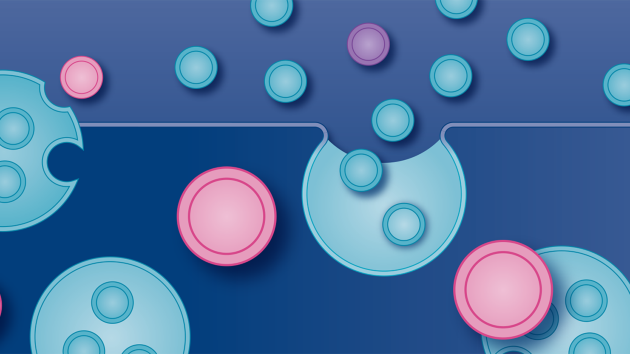 Extracellular vesicles
Extracellular vesicles
Selected, recent articles from across the Nature Portfolio that document the recent progress in understanding the biology of EV-mediated cell–cell communication and advances in clinical translation of EVs.
Image: Vicky Summersby -
Collection |
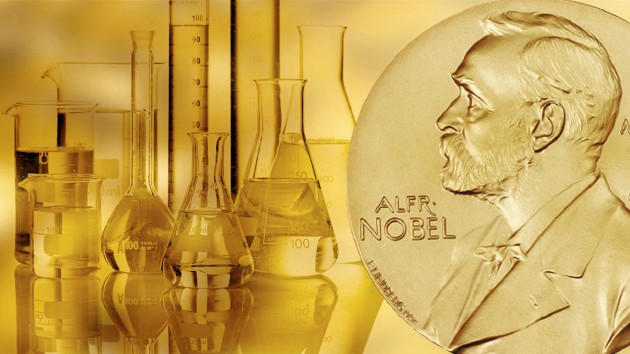 Nobel Prize in Chemistry 2022
Nobel Prize in Chemistry 2022
The 2022 Nobel Prize in Chemistry has been awarded to Carolyn R. Bertozzi, Morten Meldal and K. Barry Sharpless for the development of click chemistry and bioorthogonal chemistry.
Image: Springer Nature/The Nobel Foundation/Imagesource -
Special |
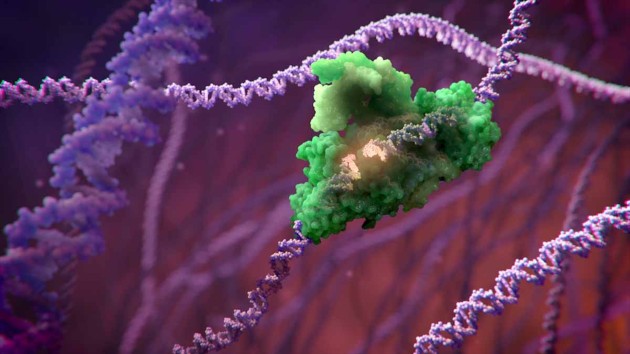 SCGE
SCGE
Genome Engineering has great potential to change how we model, understand, and treat diseases.
Image: XVIVO -
Collection |
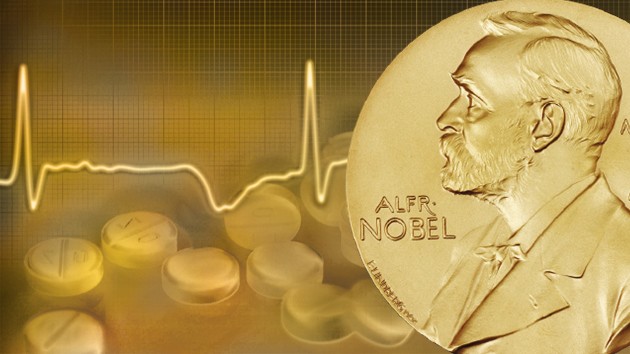 Nobel Prize in Physiology or Medicine 2021
Nobel Prize in Physiology or Medicine 2021
The 2021 Nobel Prize in Physiology or Medicine was awarded to David Julius and Ardem Patapoutian "for their discoveries of receptors for temperature and touch."
Image: Springer Nature/The Nobel Foundation/Imagesource -
Collection |
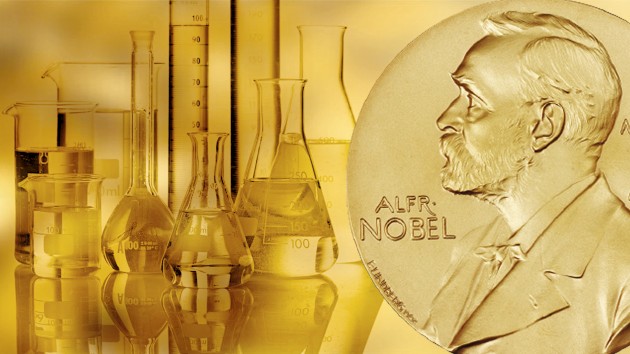 Nobel Prize in Chemistry 2020
Nobel Prize in Chemistry 2020
The 2020 Nobel Prize in Chemistry has been awarded to Emmanuelle Charpentier and Jennifer Doudna for their pioneering work in gene-editing.
Image: Springer Nature/The Nobel Foundation/Imagesource -
Collection |
 The Kavli Prize 2020
The Kavli Prize 2020
The Kavli Prize is awarded by a partnership between the Norwegian Academy of Sciences, the Norwegian Ministry of Education and Research and the Kavli Foundation.
-
Collection |
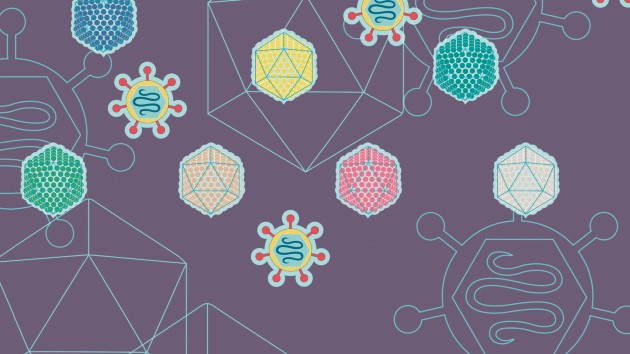 Gene therapy for rare diseases
Gene therapy for rare diseases
Gene therapies provide hope of a one-time treatment for numerous rare diseases that currently have no specific therapeutic options.
Image: Susanne Harris/Springer Nature Limited -
Focus |
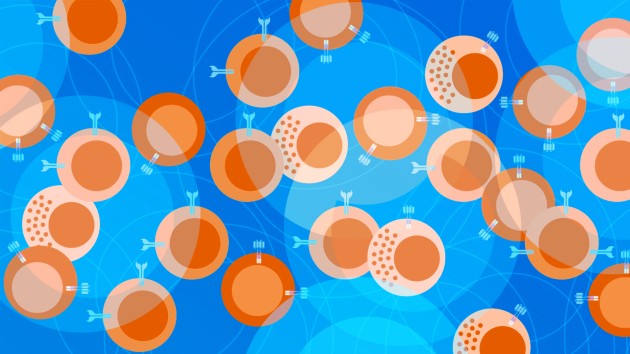 Cancer Cell Therapy
Cancer Cell Therapy
Cancer cell therapy has become one of the most promising approaches for cancer treatment. In recent years, progress in the underlying science, clinical application and manufacturing of cell therapies has accelerated dramatically.
Image: Susanne Harris -
Collection |
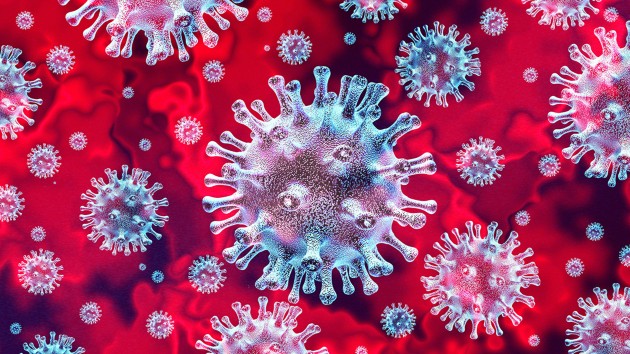 Coronavirus
Coronavirus
To support urgent research to combat the ongoing outbreak of COVID-19, caused by the novel coronavirus SARS-CoV-2, the editorial teams at Nature Research have curated a collection of relevant articles.

 Genome Editing
Genome Editing